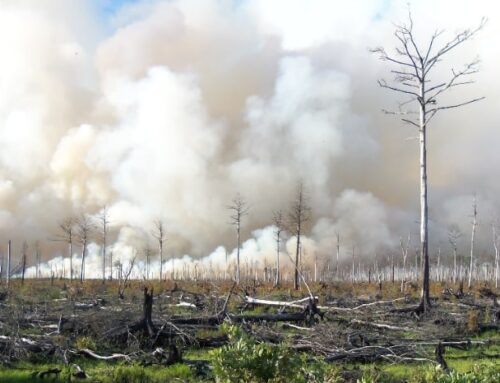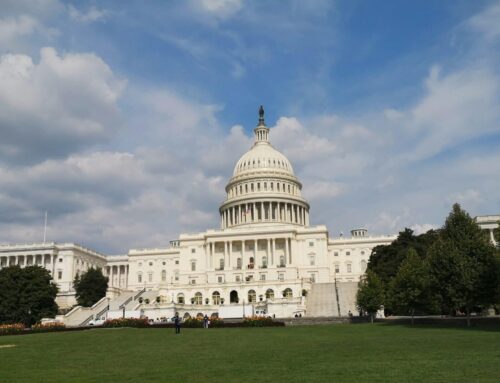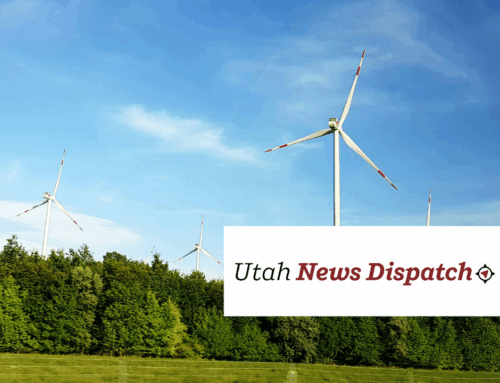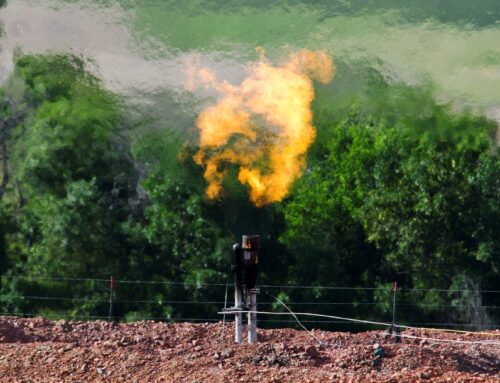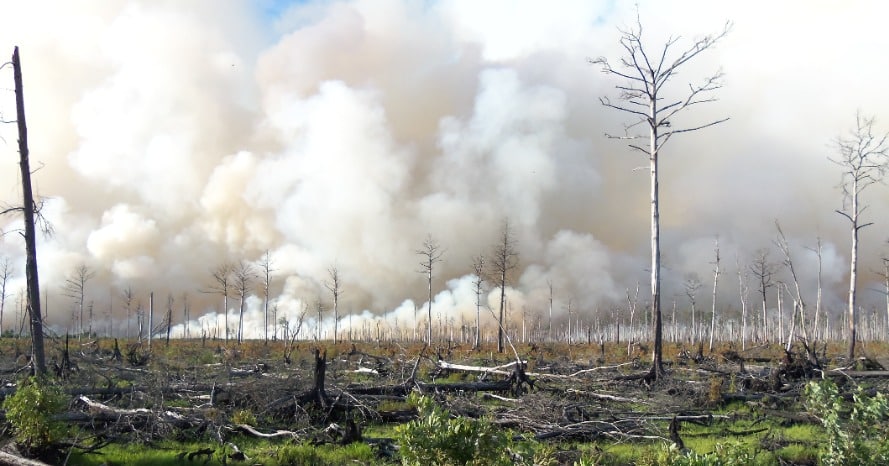FARGO — North Dakota wasted 226 billion cubic feet of natural gas valued at $680 million through flaring, venting and leaks in oil and gas operations during 2019, according to an analysis for the Environmental Defense Fund.
Results of the analysis, conducted by Synapse Energy Economics, were released on Thursday, June 1, along with appeals by environmental and taxpayer advocates calling upon the Biden administration to impose more stringent regulations on methane, a potent greenhouse gas.
Methane, the primary component of natural gas, is 80 times more powerful than carbon dioxide as a heat-trapping gas and major pollutant behind climate change, cited as the cause of more than 25% of today’s global warming.
Eliminating natural gas flaring and venting in North Dakota would conserve enough to supply every household in North Dakota 16 times over, according to the analysis.
In March, the most recent state figures available, North Dakota captured 95% of natural gas produced and flared 5%.
Wasted natural gas is not only a major source of climate pollution but also represents a significant and avoidable loss of revenue for taxpayers and mineral royalty holders, the advocates said.
“So, it’s double jeopardy,” said Liz Anderson, lead organizer of the Dakota Resource Council, a grassroots environmental advocacy group in North Dakota. “We don’t take the money, and we get harmed by it.”
The potential revenue that was lost to natural gas waste in North Dakota in 2019 totaled $43.3 million, including $18.6 million for the Mandan, Hidatsa and Arikara Nation on the Fort Berthold Reservation, located in the heart of the Oil Patch, according to the analysis.
North Dakota is challenged in capturing natural gas because 65% of the gas is “associated” gas produced by oil wells, not gas wells.
Lynn Helms, director of the North Dakota Department of Mineral Resources, has said he is not satisfied with the state’s gas capture rate, and regulators are working with industry to target wells that lag far behind the 95% average , some recovering 60% or less.
Earlier, Synapse Energy Economics estimated North Dakota lost $908,000 in state revenue from state taxes and $11.7 million in state revenue from federal royalties in 2019.
“It’s not exactly loose change in the couch, is it?” Anderson said.
“It also represents a massive giveaway to oil and gas operators,” who don’t pay taxes or royalties on flared and vented gas, she said.
Residents of the Fort Berthold Reservation, where some of North Dakota’s most significant flaring occurs, suffer disproportionately from respiratory and other health problems stemming from pollution, Anderson said.
Also, Theodore Roosevelt National Park experiences air pollution and light pollution from oil and gas development and has seen the greatest rise in light pollution of any national park, Anderson said.
North Dakota ranked second in the volume of flared natural gas by state in the U.S., behind Texas and ahead of New Mexico. North Dakota, which has more than 17,600 active oil and gas wells, is the third-ranking petroleum-producing state, behind Texas and New Mexico.
Flaring — burning off gas that can’t be collected — is by far the leading cause of wasted natural gas in North Dakota, accounting for 95% of wasted gas, followed by 4% for venting and almost 1% from leaks, according to the analysis.
As reported earlier by The Forum, North Dakota’s flaring intensity rate is seven times greater than New Mexico, the second-highest state.
North Dakota is losing money from natural gas waste both through lost revenues and royalties as well as through the damage caused by climate change through natural disasters, said Michael Surrosco, director of development at Taxpayers for Common Sense. That includes costs borne by the Federal Emergency Management Agency, federal flood insurance and crop insurance, he said.
“Taxpayers are paying at the front end and the back end,” he said. “It creates downstream costs for taxpayers. It represents a significant loss of revenue, and it creates further liabilities.”
Colorado and New Mexico have passed strong laws to address pollution and waste of natural gas, according to the Environmental Defense Fund.
The advocates called upon the Biden administration to implement more stringent regulations to better control natural gas waste and pollution. The Environmental Protection Agency and Bureau of Land Management both are in the final stages of releasing new rules, expected later this summer.
“Reducing this pollution is a critical opportunity for North Dakota,” said Nini Gu, the Environmental Defense Fund’s regulatory and legislative manager in the west. “Efforts by the Biden administration to cut methane waste and pollution will create jobs and increase revenue for state priorities like education, conservation and local governments, while curbing pollution and strengthening climate security.”

